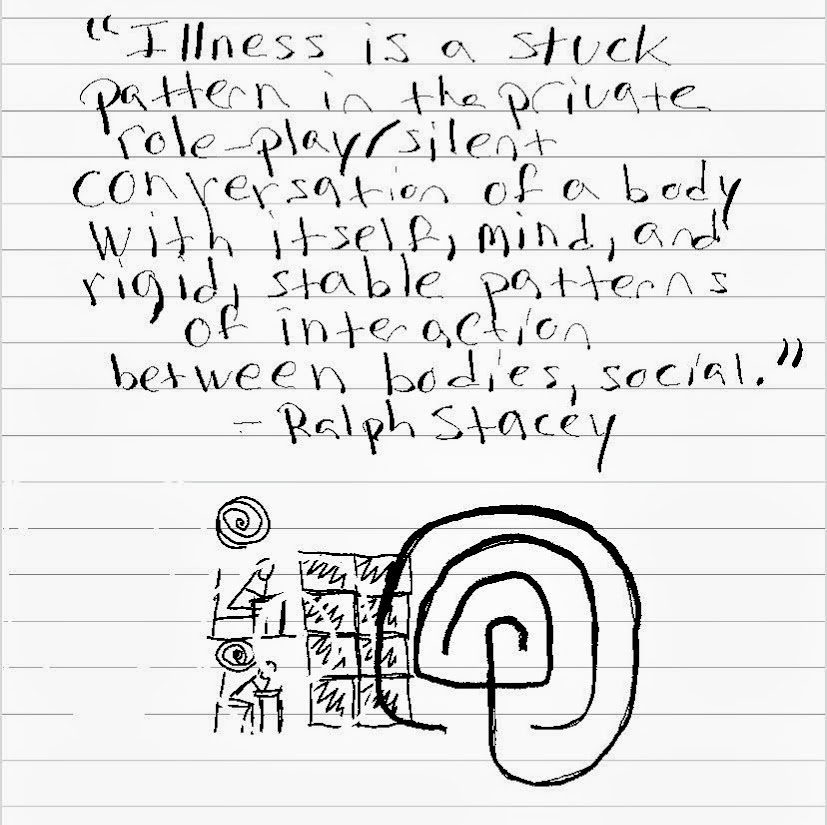I enjoy it when people (mainly friends) send me questions, and I can be helpful or spin some philosophical yarn that is kind of helpful, honest, and rather pragmatic. Here are three questions that I’ve recently shared responses to:
- Have you ever worked with an organization where the employees feel like their input/feedback is considered and used?
- Do businesses f-up people’s interpersonal communication skills?
- How has hybrid work changed people’s experience of work and managerial work?

Have you ever worked with an organization where the employees feel like their input/feedback is considered and used?
No.
I’m relatively certain that what you ask cannot be an organizational occurrence; it will be more localized through small teams and groups (think psychological-safety, how it happens in local-interactions, and will most likely fall apart when attempts to scale organization-wide).
When we can gain a greater momentum of social-local-interactions where people move between different conversations within various social groups (Elliott Jaques hierarchical strata), then the mixing of social-interaction experiences (feedback) might be heard and scaled to the organization as a whole level — but that’s tough — and I feel like (research Dunbars number 150) is most likely a max (which also coincide with Jaques Mutual-Recognition-Units)
Mike: do businesses f-up people’s interpersonal communication skills?
Yes.
With the interpersonal thing — there is something about companies that can make an articulate, intelligent person become an incoherent moron and make interpersonal stuff seem foreign.
Part of it is cognitive incoherence of who you think you are, what you are asked to do, or how the group responds to what you share. This incoherence triggers some weirdness or confusion of deception or lack of loss of self — and when that happens, you are not sure which self to be at that time (which mask do I wear?) That and we get swept into the conversational patterns of the group — some groups are intimate and open while listening and accepting of challenges, failures, and attempts. SOME are full of sharks who look for weakness and force people to cover and hide while showing polished political responses and being non-committal. My life (well, some of it) is trying to figure out how to create conditions for openness or shift conversational patterns to set conditions for openness — and it isn’t easy.
How has hybrid work changed people’s experience of work and managerial work?
I’m not sure — here are some thoughts.
- A greater need to gather employee experience and narrative (ethnographic) perspectives – AND transfer the qualitative to quantitative information that people within the organization can use to better position people and the organization in the environment to see opportunities and decide a future.
- Geographic spread through remote allows access to more people and knowledge and creates struggles in loyalty and connections. Building skillsets in teams and departments will require platforms and processes (i.e., Mural, Miro, Riff Analytics) to generate a feeling of togetherness while not being together.
- Remote work also means greater responsibility for the person to do their work and be accountable for their practice. This will require a shift from some overbearing management and micromanagement to a (slightly) loser method of work, identified tasks, and other tasks … creating a method for progress, challenging discussion, and iterative feedback (from multiple sources) to give the employee access to data AND supply managers with the Macro and Micro data to do something.

